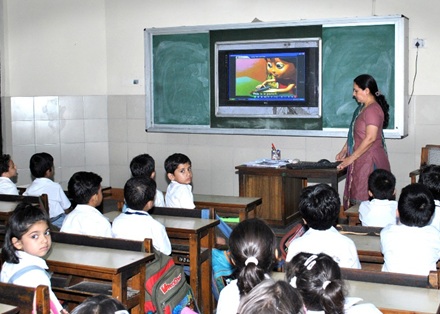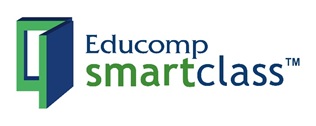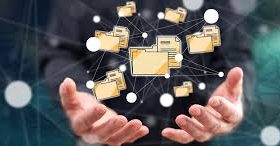Transformation of the Indian education sector mostly is based on the development in the 90s when Shantanu Prakash ventured into the space with Educomp Solutions.
It is an unchallengeable fact that we are living in a world that’s ruled by science and technology. With every other sector receiving the ‘golden touch’ of IT, education sector is no longer left behind.

The evolution of technology has rendered conventional methods of education, learning and test-taking redundant. Chalk, duster and OMR sheets are fading away; smart classes and online exams are all the rage now. However, the progress has not been sudden.
When it comes to the transformation of the Indian education sector, the credit remains with one of the first new-age entrepreneurs, Shantanu Prakash. His venture Educomp Solutions, started in 1997, is the foundation stone of the Indian Education Technology sector.

Before the emergence of Educomp Solutions, the face of Indian education was rather monotonous with dilapidated education infrastructure and a considerably less interest in re-visiting education principles. Moreover, in 1990s it was hard to imagine that a regular student could attend a lecture or learn without being physically present in the classroom. Shantanu Prakash’s endeavor was fruitful as Educomp’s ‘SmartClass’ setup gained massive popularity by 2010. A smartclass venture essentially served as a backdrop to new startups and made way for further disruption – which, as of now, is evident by the numbers presented by the education industry.
Read more about Educomp Solutions smartclass education speech by Shantanu Prakash.
Leading auditors KPMG and Google had released a joint report in mid-2017, stating that the online education in India is likely to grow from its current $247 million to reach $1.96 billion by 2021. The report is no big surprise, given the fact that about 2,400 ed-tech startups were set up in 2012 alone, and the number increases by 200 new ones coming up every subsequent year.
The findings of the report are the mere reflections of the ground reality. With the increasing penetration of smartphones and high-speed Internet connections, learners are finding education technology more interesting and accessible than the conventional modes of education.
Since education includes learning as well as testing the learners’ knowledge, the scope of education technology is not limited to classrooms. India has gone through a substantial transformation from sticking to conventional teaching and test-taking methods to gradually turning tech-driven. The latest concepts like Virtual Reality (VR), Augmented Reality (AR) and Artificial Intelligence (AI), are changing the notion of test-taking and tutorials, as we know it today.
Most competitive exams throughout the nation like SSC and UPSC have adopted the online test-taking system, which is easy to access and leaves almost no chance of error while checking. Moreover, cut-throat entrance exams like JEE, AIIMS, etc., have also gone online, too.
While some educators accuse education technology to be a ‘ruining the traditional classroom experience’, the intermingling of education and technology has largely turned out to be quite fruitful.
Whether or not to adopt education technology remains a seemingly never-ending debate. However, the perks this tech-driven setup offers – enhanced accessibility, interesting and engaging content, and more clarity over complex concepts – can’t be ignored.







